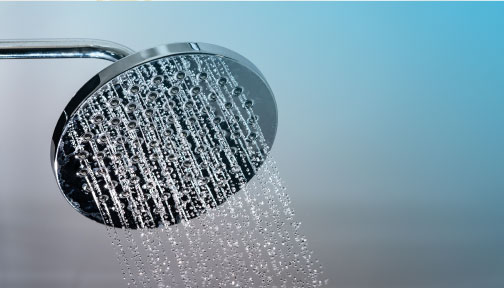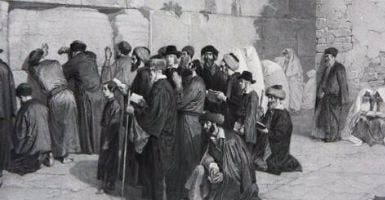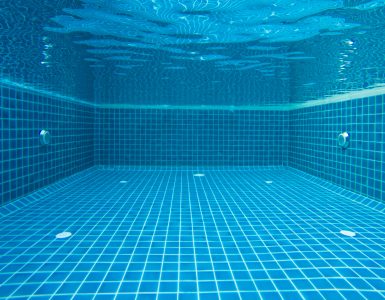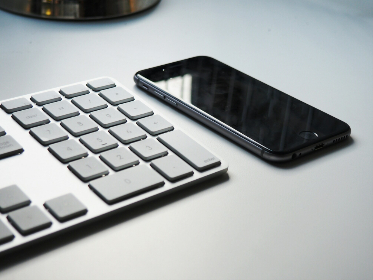Question:
Dear Rabbi Sprung,
I am a resident in Chutz laAretz. My supervisor allows me to go home for Shabbos, provided that I leave the hospital just before Shabbos begins and return immediately after Shabbos.
Baruch Hashem, I live close enough to the hospital that I can travel home without Chillul Shabbos.
My work conditions do not allow me to prepare for Shabbos, and what bothers me most is that I cannot shower. During the week, I shower immediately upon returning home from my shift, partly due to fear of infections but mostly because my work in the hospital entails a great deal of running around and coming into contact with various body fluids. I would go so far as to say that I feel disgusting if I do not shower after a shift.
In my situation, am I permitted to shower on Shabbos when I return from the hospital? I need scarcely point out that spending an entire Shabbos without having showered would significantly reduce my Oneg Shabbos. is an even worse proposition.
Answer:
In these circumstances, there is room for leniency, but you must be aware of some important details that will be explained below.
Full Answer:
The Chachamim forbade bathing in water that was heated on Shabbos, or even washing most of the body in water that was heated before Shabbos. This Halacha is codified in the Shulchan Aruch (326). There are differing opinions as to whether a person may wash his face, hands, and feet in water that was heated permissibly on Shabbos (i.e., when a Jew did not boil the water). See ibid. 5 and the Mishna Berura (5), Igros Moshe (O.C. 1:126), and Chazon Ovadya (Shabbos 6, p77).
Nevertheless, if a person is in discomfort (Mitzta’er) from not bathing, he may bathe his entire body on Shabbos in water that was heated before Shabbos (Hagahos of R’ Akiva Eiger on the Shulchan Aruch 326:1, cited by the Biur Halacha 326:1 s.v. “b’Mayim”). The Shemiras Shabbos Kehilchasa (14:1) employs this Heter for a person who showers every day and would be in discomfort if he does not do so on Shabbos. Although R’ Akiva Eiger mentions this Heter concerning water that was heated before Shabbos, the Poskim extend it to water that was heated permissibly on Shabbos.
The Shoneh Halachos (326:2) rules that someone who is Mitzta’er may wash his body even though he is not a Choleh she’Ein Bo Sakana. He does not indicate when the water must have been heated. Rav Yitzchak Zilberstein Shlit”a similarly rules (Toras haYoledes 35:6) that the prohibition of washing was overridden for a Mitzta’er.[1]
Some Poskim infer that the Mishna Berura (331:33) subscribes to this view. They base this on his ruling that one may bathe a baby with water that was heated by a non-Jew for his own needs before his Bris (though it is forbidden to ask the non-Jew to heat it). Clearly, in a case of great need, even someone who is not a Choleh may bathe in water that was heated permissibly on Shabbos.
The Mishna Berura further attests (ibid. 34) that on the third day following his Bris, a baby should not be presumed to be a Choleh, only a Mitzta’er. Despite this, he implies that one may bathe the baby in water heated by a non-Jew for himself.
It is clear from the Mishna Berura (326:5 & 17) and Sha’ar haTziyun (ibid. 4) that washing one’s face, hands, and feet on Shabbos is prohibited even when the water was heated permissibly on Shabbos, and yet, he is lenient in the case of a Mitzta’er.[2]
See also Shu”t Nishmas Shabbos (5:169) who states that the basic position of the Poskim is that the Heter for a Mitzta’er applies even to water heated permissibly on Shabbos, though several Achronim limit it to water that was heated before Shabbos.
It therefore seems that since the doctor in question is significantly distressed by refraining from showering, there is absolutely basis for leniency if he has no alternative. However, he must ensure not to transgress other Isurim:
Activating an electric boiler or using a fast-heating system (Junkers) is an Issur d’Oraisa.
One may not use a fast-heating gas boiler under any circumstances since opening and closing the faucet ignites and extinguishes a flame.
If showering is necessary on Shabbos, one may use hot water that was heated before Shabbos, provided that using the hot water will not cause additional cold water to enter the system and be heated. Permissible cases include:
- When there is a thermostat that prevents the water from rising above 40℃.
- If the boiler system is set on a Shabbos timer and the state is currently off, one must wait until the water in the tank is sufficiently cool so that any incoming cold water (that will enter the boiler as a result of the bathing) will not be heated significantly inside the tank.
- There is a Machlokes haPoskim as to whether one who closes the water inlet valve is then permitted to open the hot water faucet.
- Using a Dud Shemesh (solar-heated boiler) is subject to a Machlokes haPoskim – each person should follow the ruling of his Rav.
The usage of bar soap may involve Issurim of Molid and Memachek – see the Rema (326:10) and Mishna Berura (ibid. 30). Using a washcloth or sponge is an Issur of Sechita. Therefore, one should shower with liquid soap[3] and without a washcloth or sponge. In fact, the Igros Moshe (O.C. 1:113) rules that a person should be stringent not to use soap, even if its consistency is like water. R’ Nissim Karelitz zt”l (Chut Shani 1:14:2) asserts that the custom is to be stringent not to use liquid soap that is slightly thick.
Following a shower, one must take care not to squeeze out the water from his hair. Some Poskim permit drying hair[4] while others permit drying it slowly and carefully until the water is absorbed in the towel.[5] Some have the custom not to dry their hair at all.[6]
[1] The Shoneh Halachos and Rav Zilberstein would contend that R’ Akiva Eiger only discussed a case of water heated before Shabbos since this was more common.
[2] However, see the Igros Moshe O.C. 1:126:2 who contends that water heated by a non-Jew is considered like water heated before Shabbos, rather than “water heated permissibly on Shabbos”.
[3] Aruch haShulchan (326:11), Ben Ish Chai (Second year, Yisro 15), Shemiras Shabbos Kehilchasa (14:18), Kovetz Teshuvos (1:38), and Or l’Tzion (2:35:5)
[4] See Igros Moshe (O.C. 1:133) and Shemiras Shabbos Kehilchasa (14:22 and footnote 66) who quotes R’ Shlomo Zalman Auerbach zt”l, as does the Sefer Shulchan Shlomo (326, footnote 12).
[5] Ben Ish Chai (Second year, Pekudei 8), Orchos Shabbos (13, footnote 89) quoting R’ Yosef Shalom Elyashiv zt”l who permits drying one’s hair but not vigorously.
[6] Cited in the Ben Ish Chai (ibid.) and in the Steipler’s Sefer, Orchos Rabbenu (1, page 256). Likewise, the Sefer Orchos Yosher (Tahara) rules that those who go to the Mikvah on Shabbos must be exceedingly careful not to squeeze their hair since it is an Issur Gamur. He advises them not to touch their hair at all. The Sefer Hilchos Shabbos b’Shabbos (11, footnote 94) states that this was the custom of the Steipler zt”l and this is how the Chazon Ish zt”l ruled for R’ Dovid Frankel zt”l.
s. As we explained above, Rav Shlomo Zalman considers forbidding heating a larger vessel, lest one does so on another occasion when a smaller vessel could be used.















Add comment